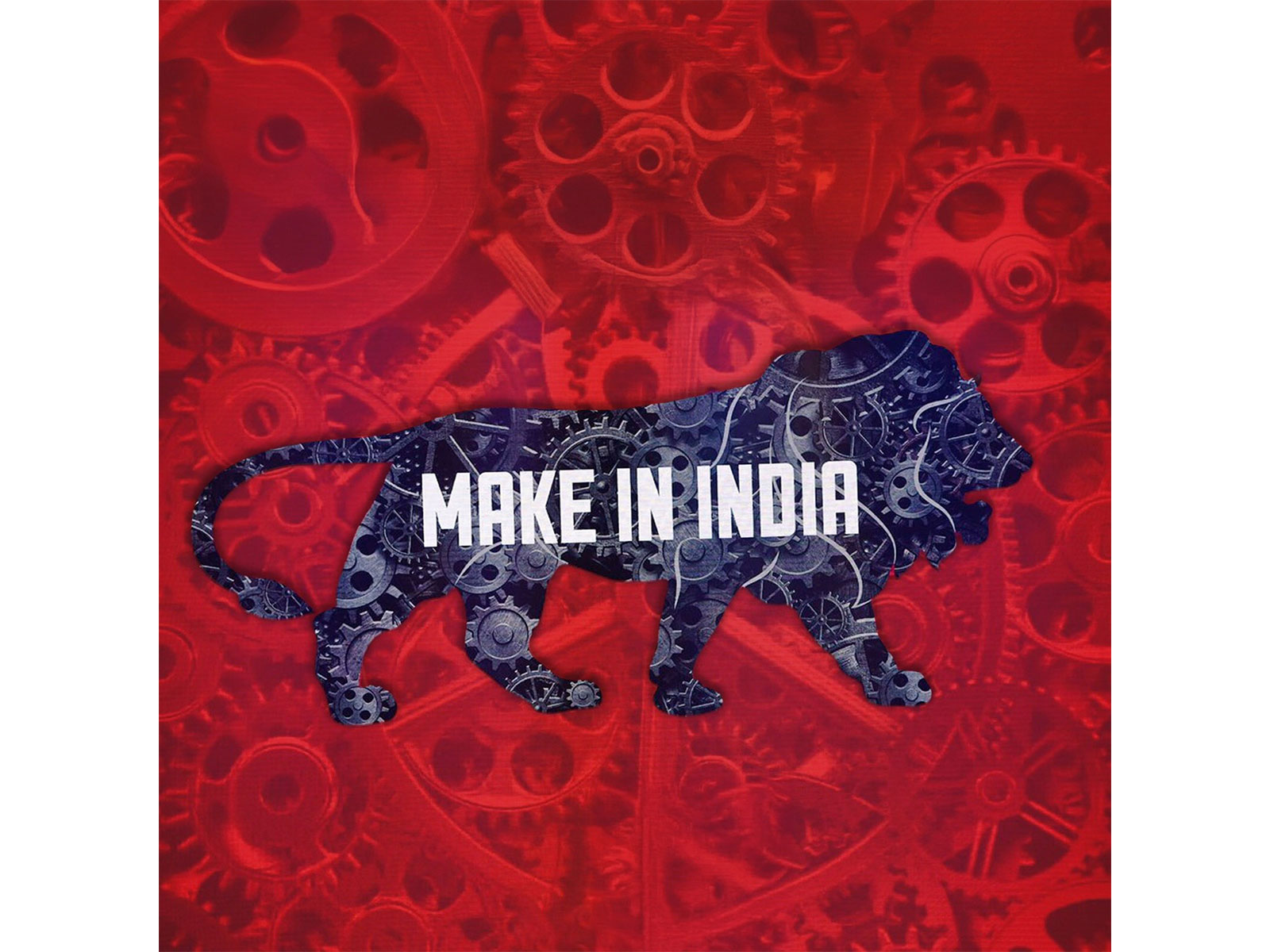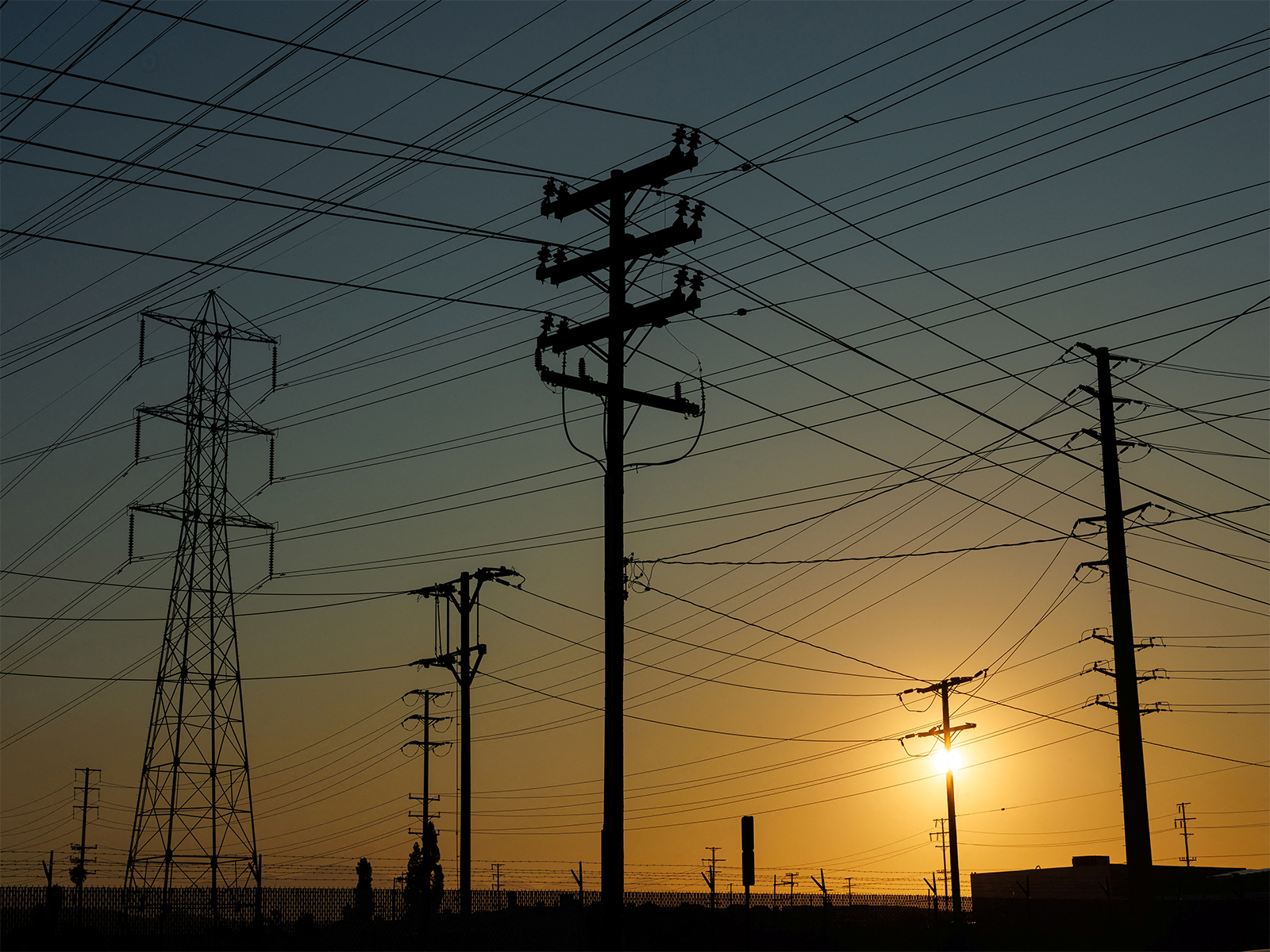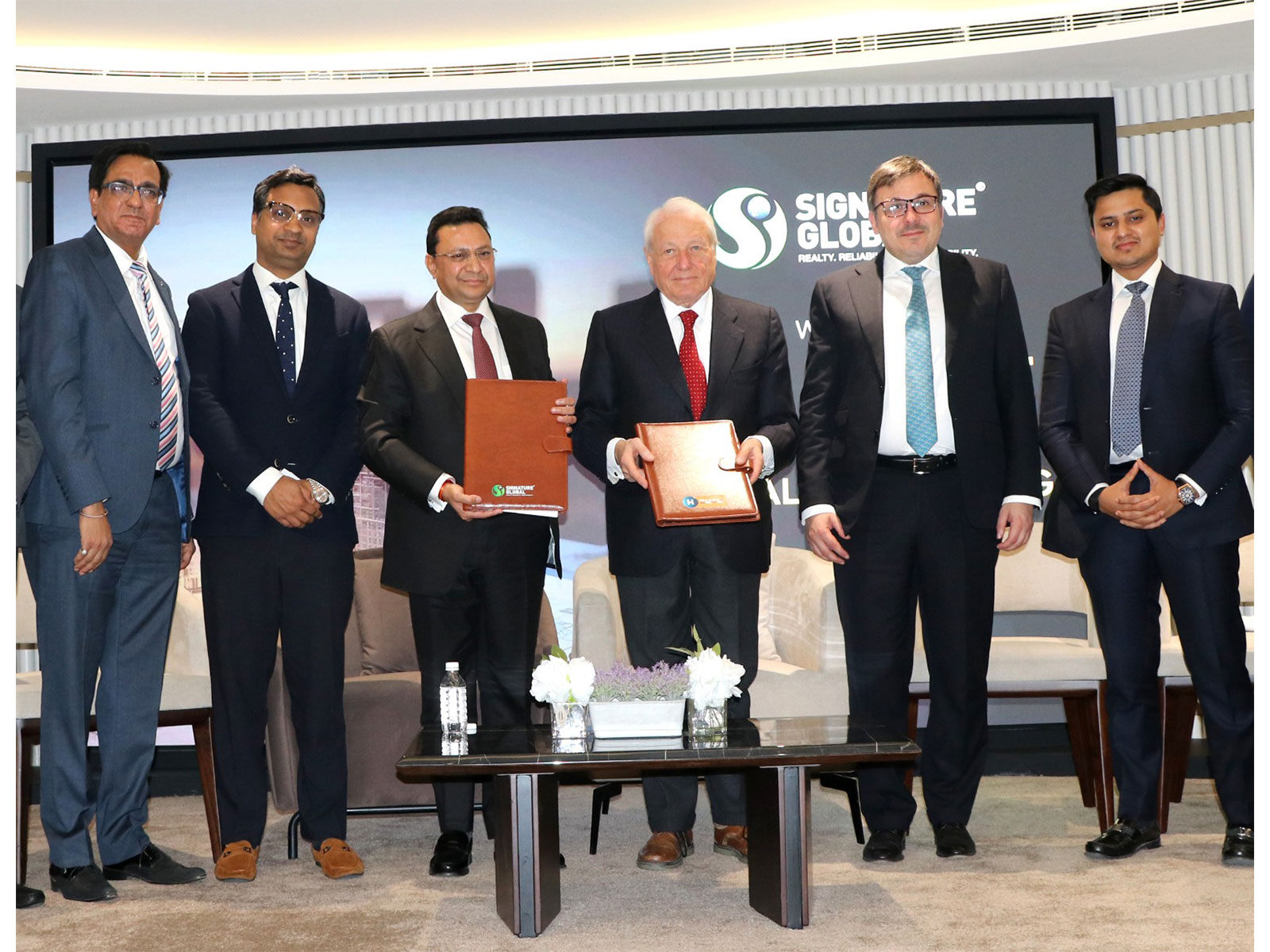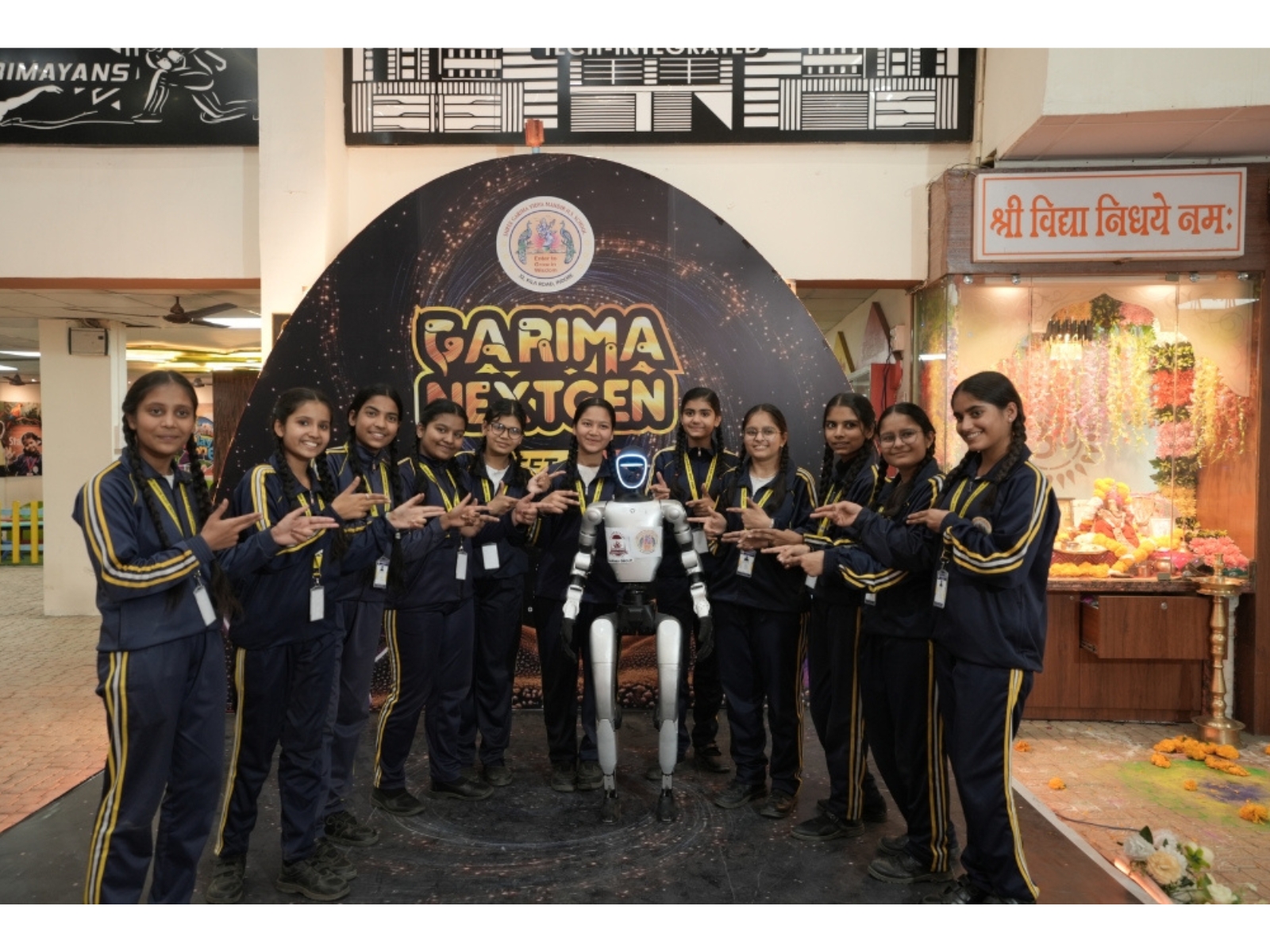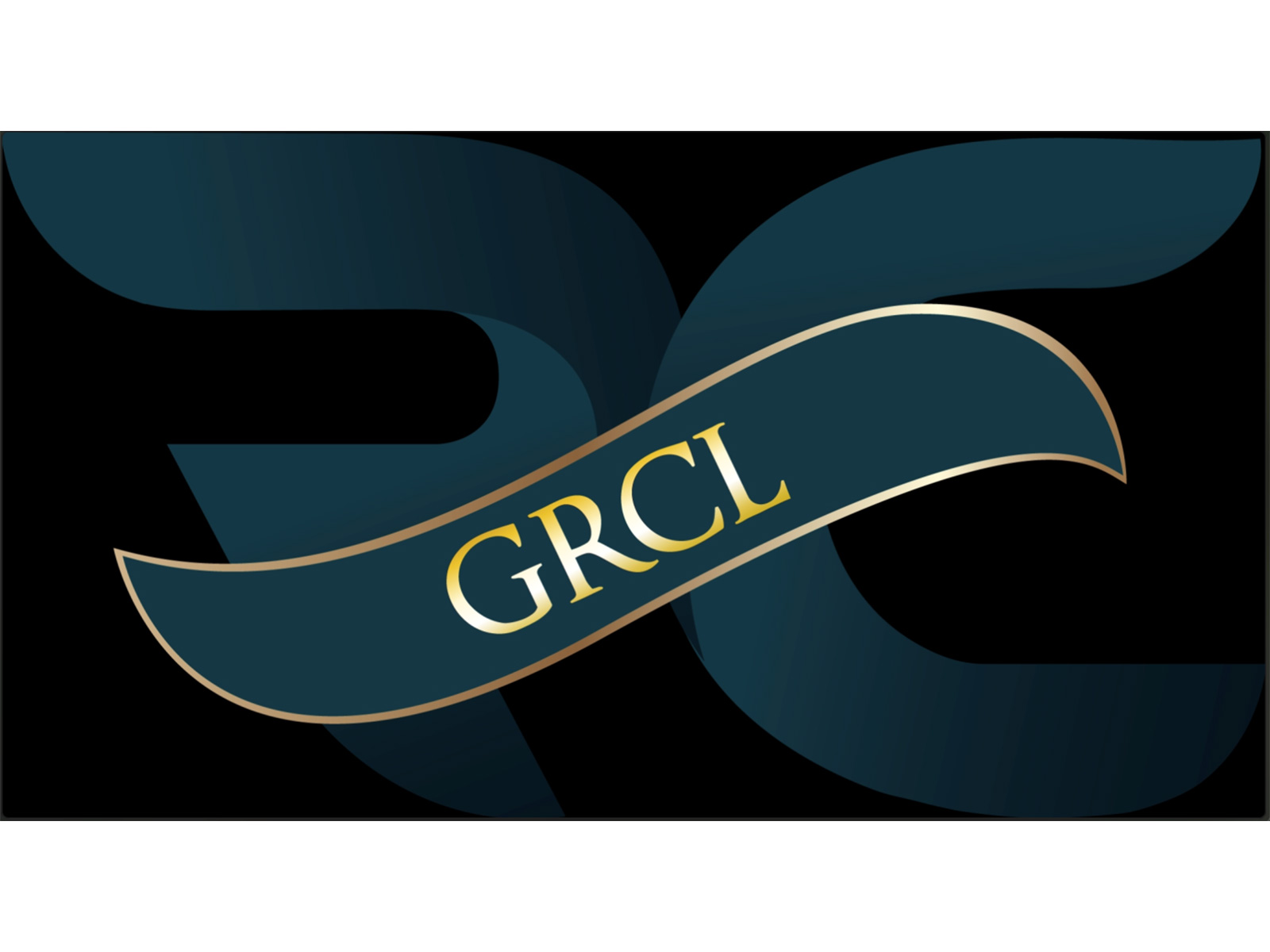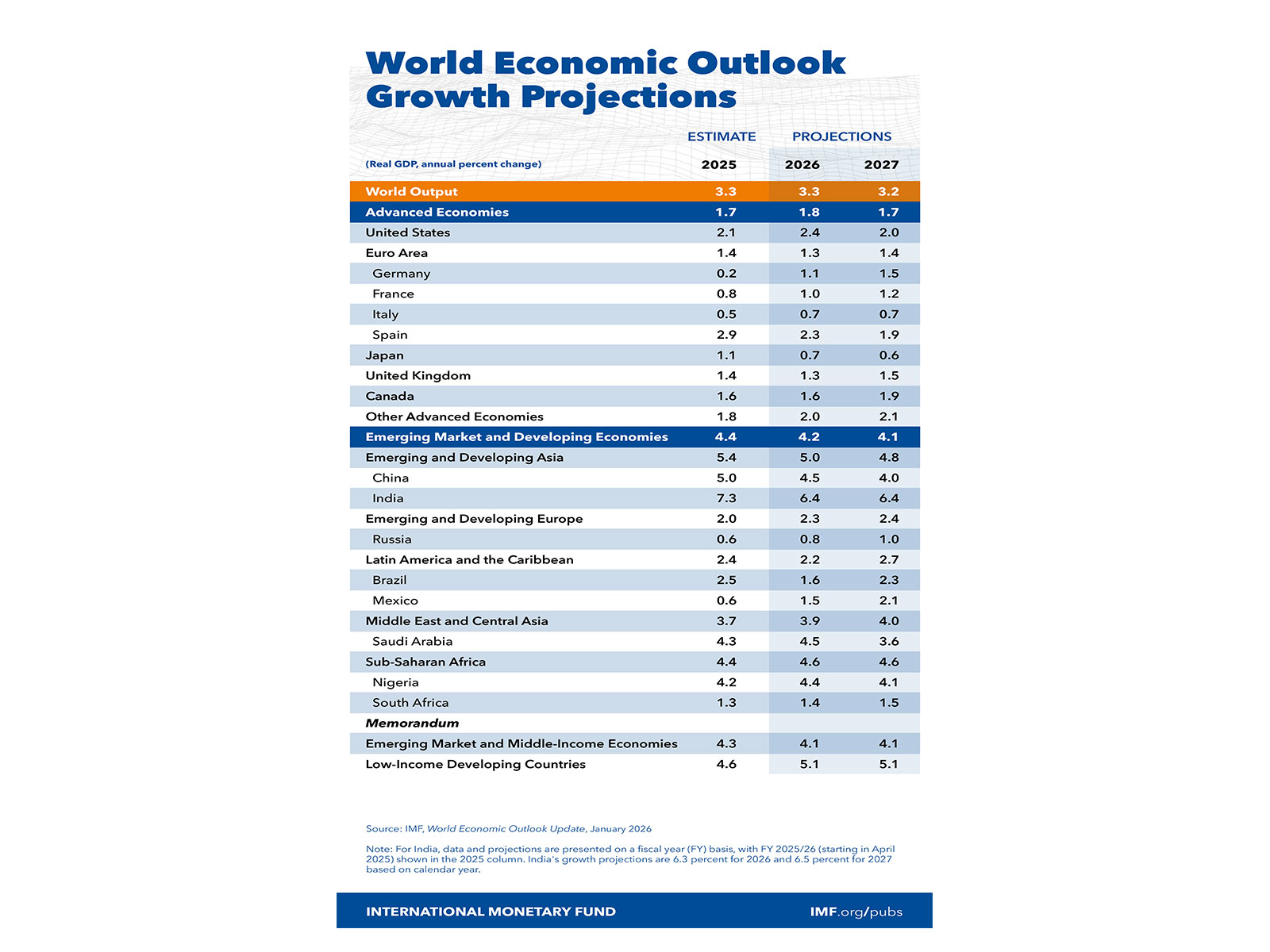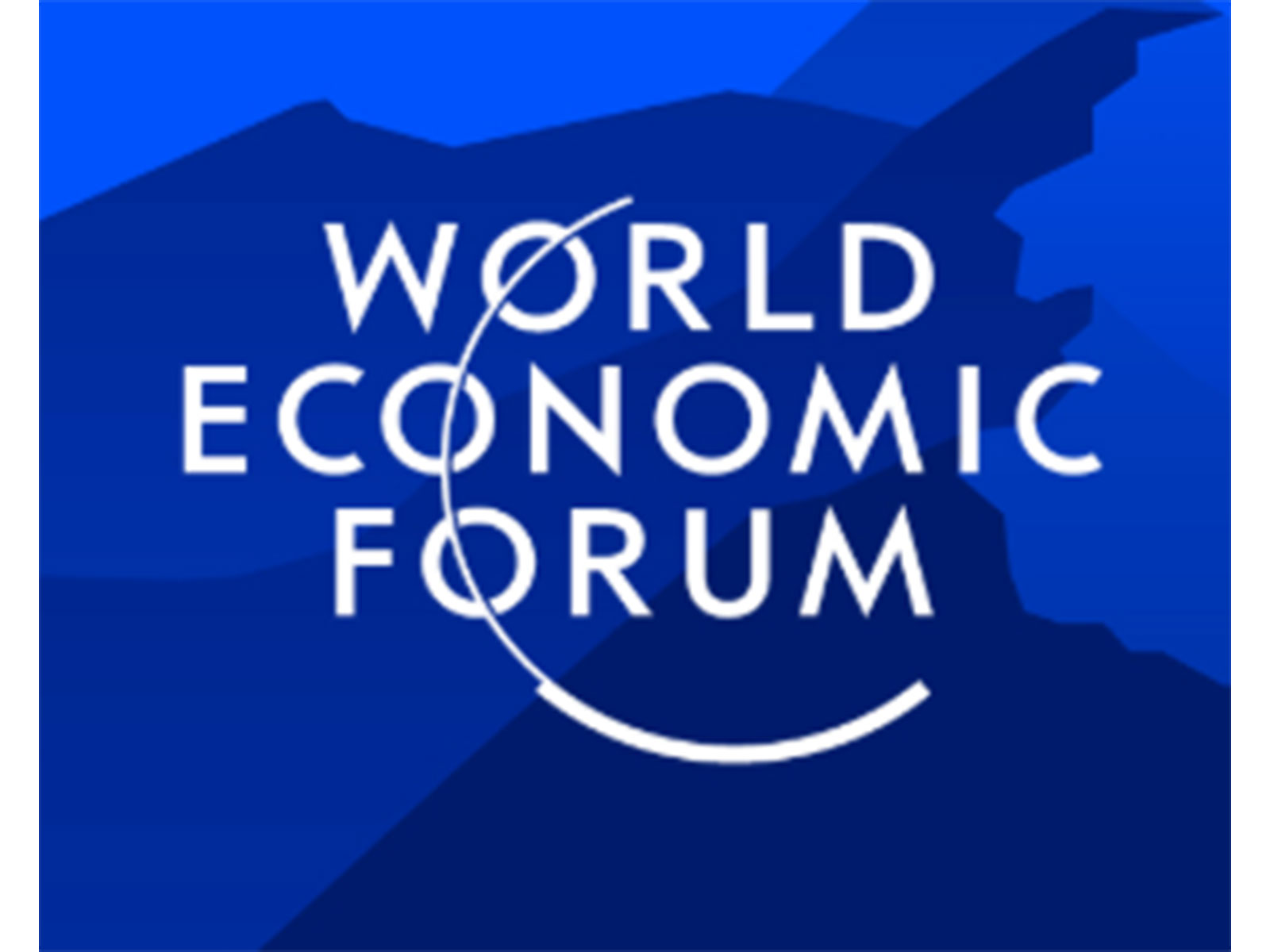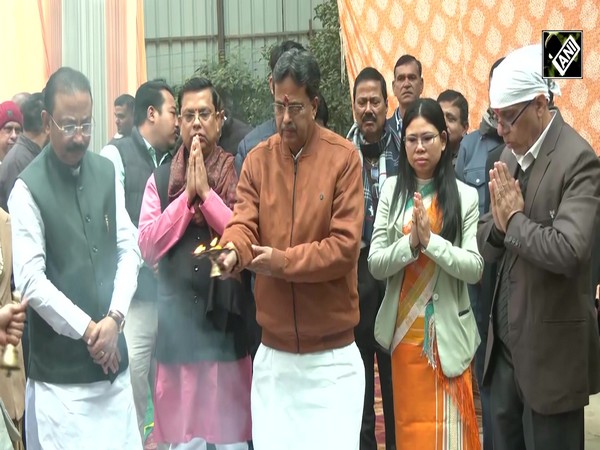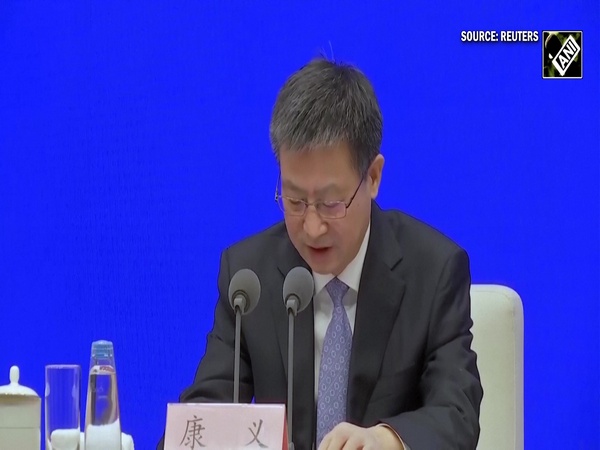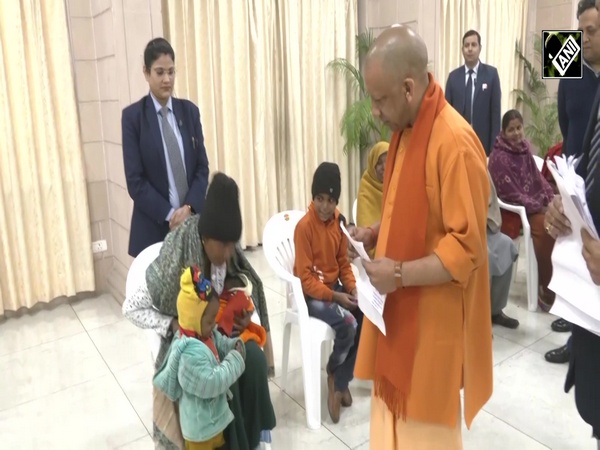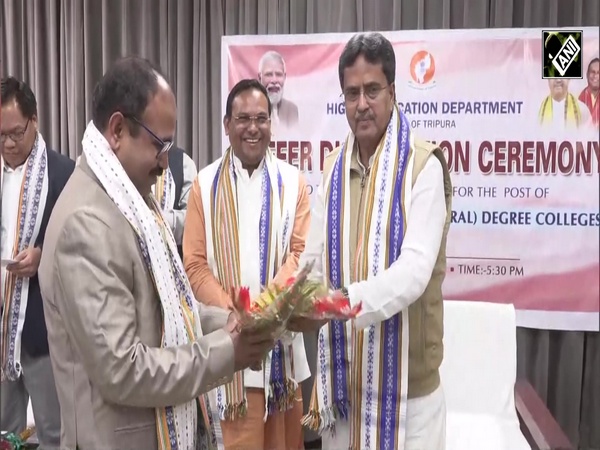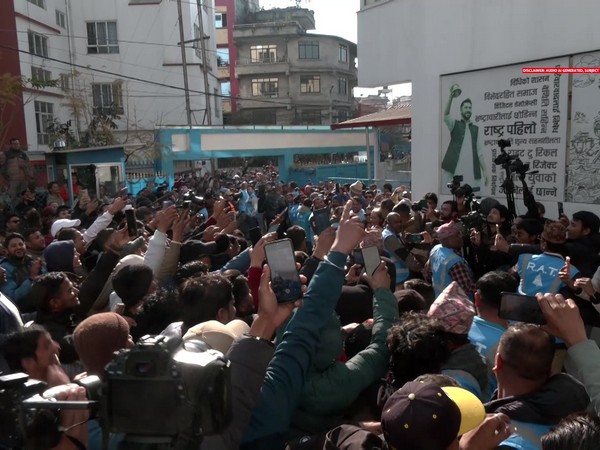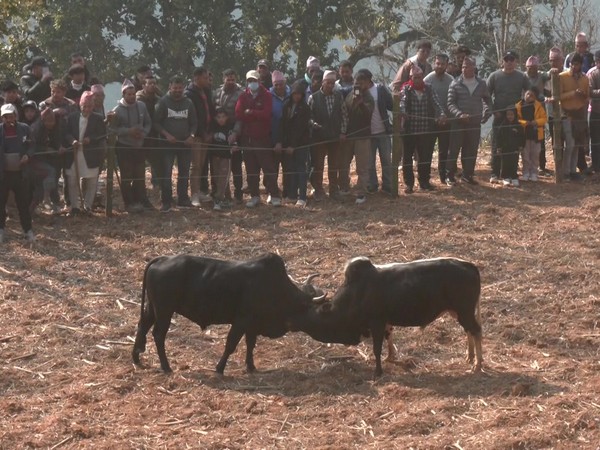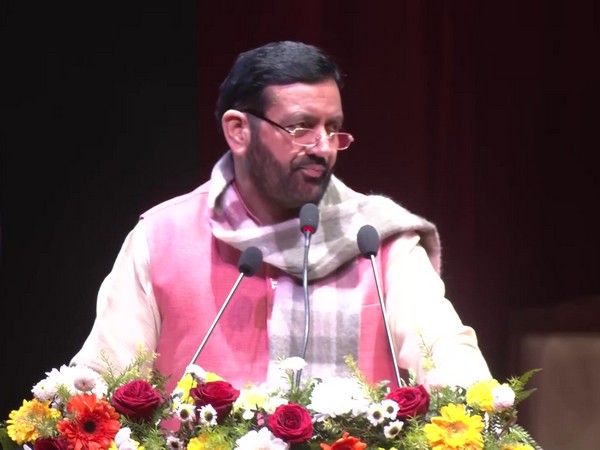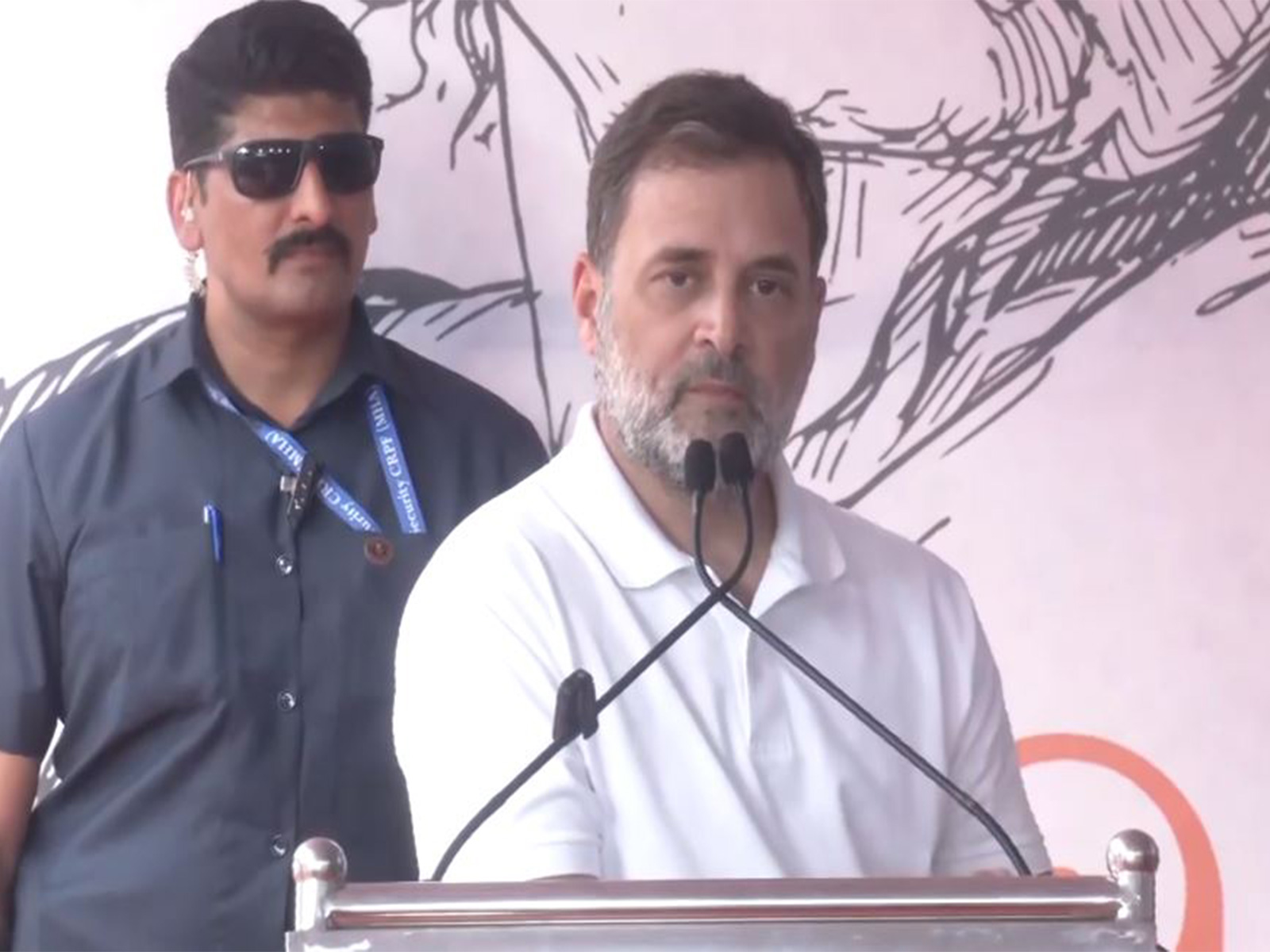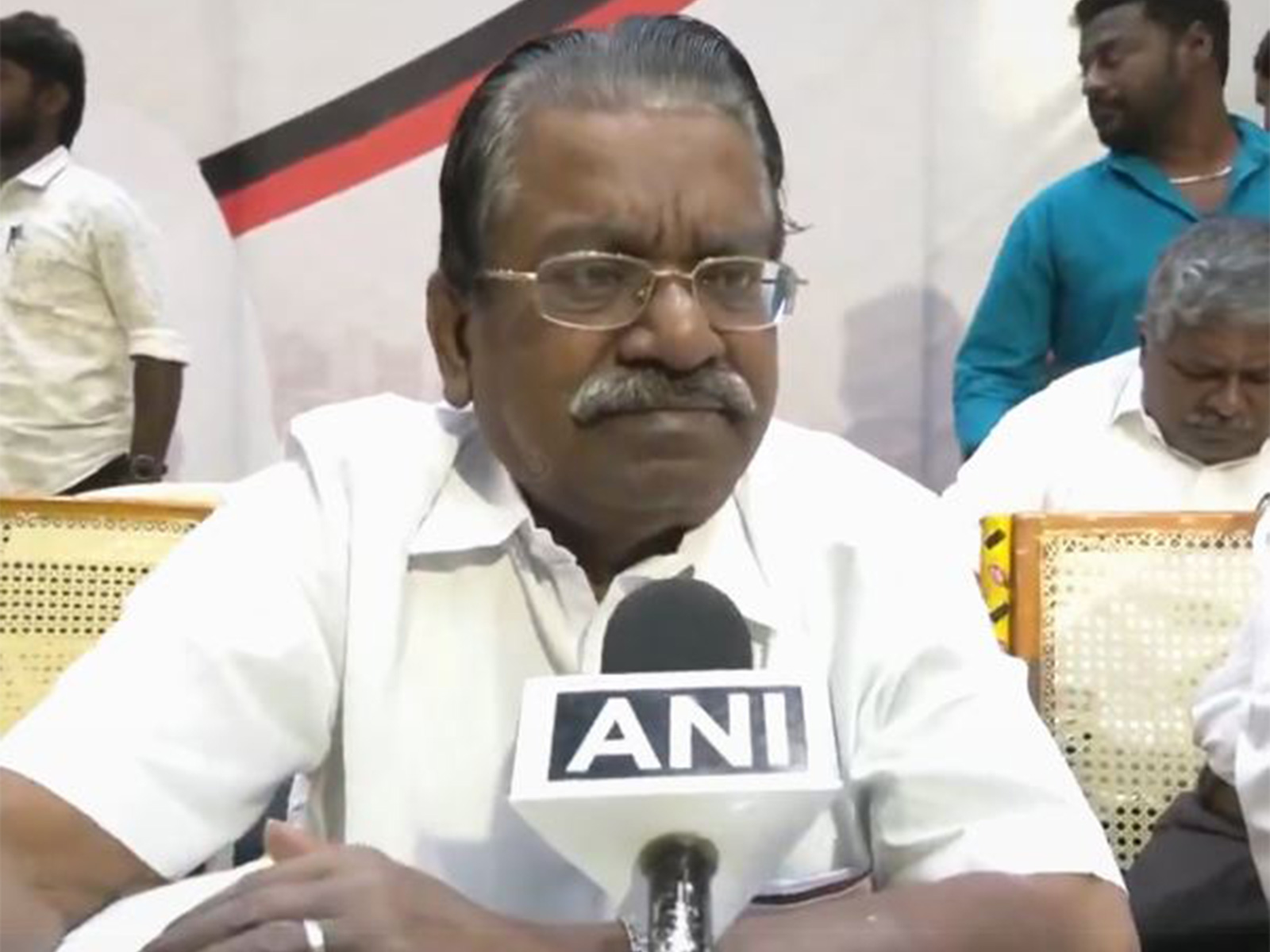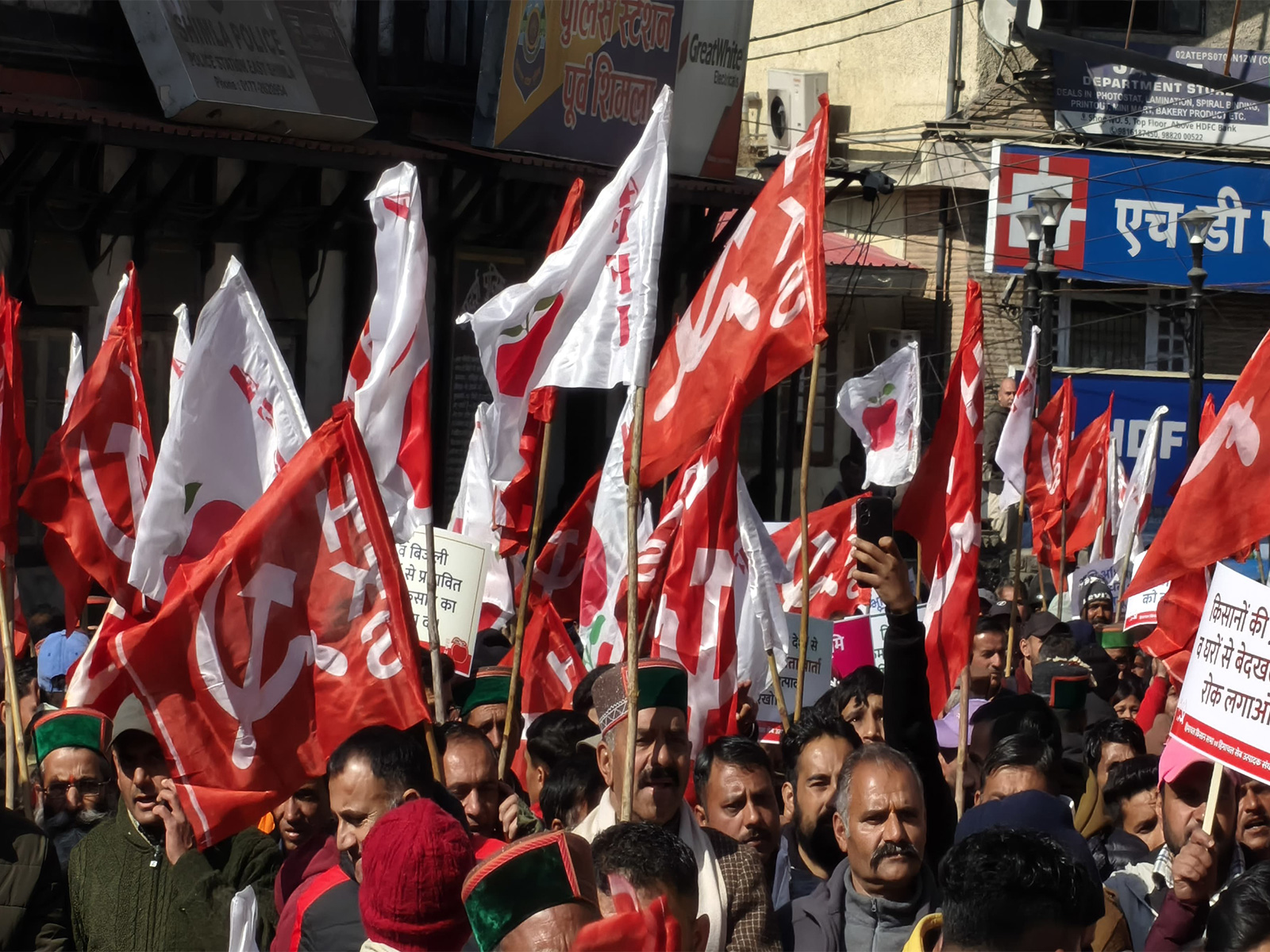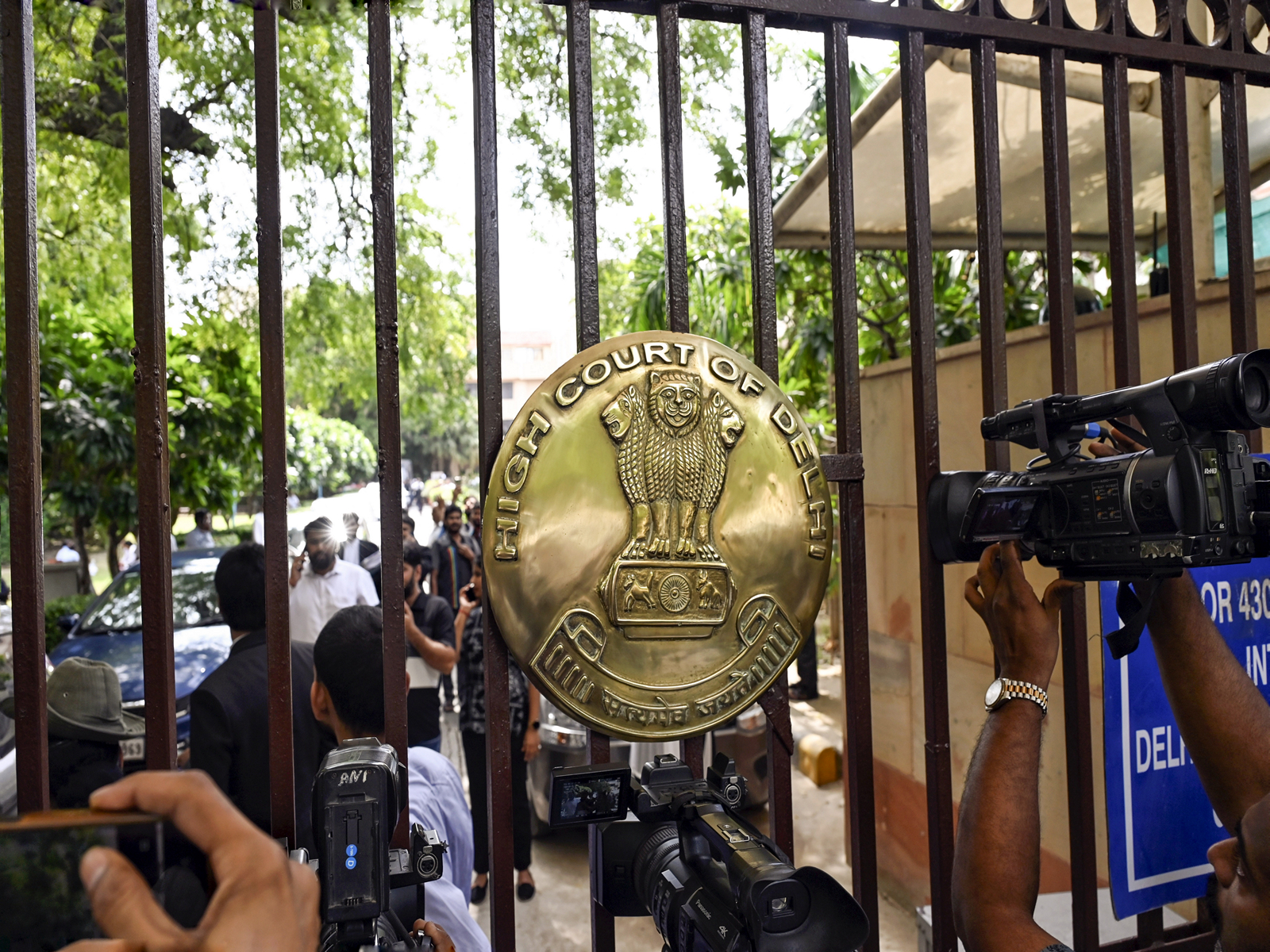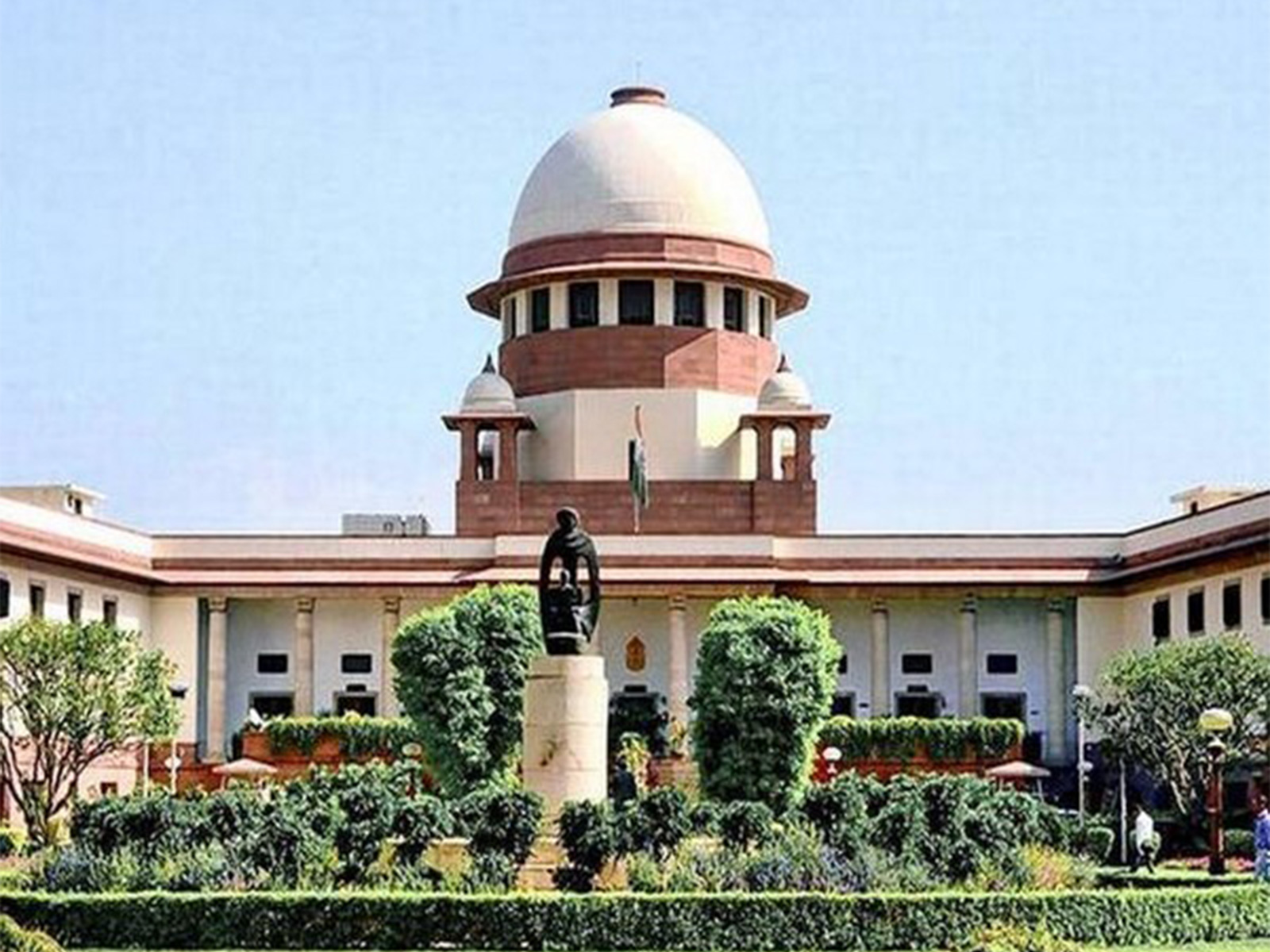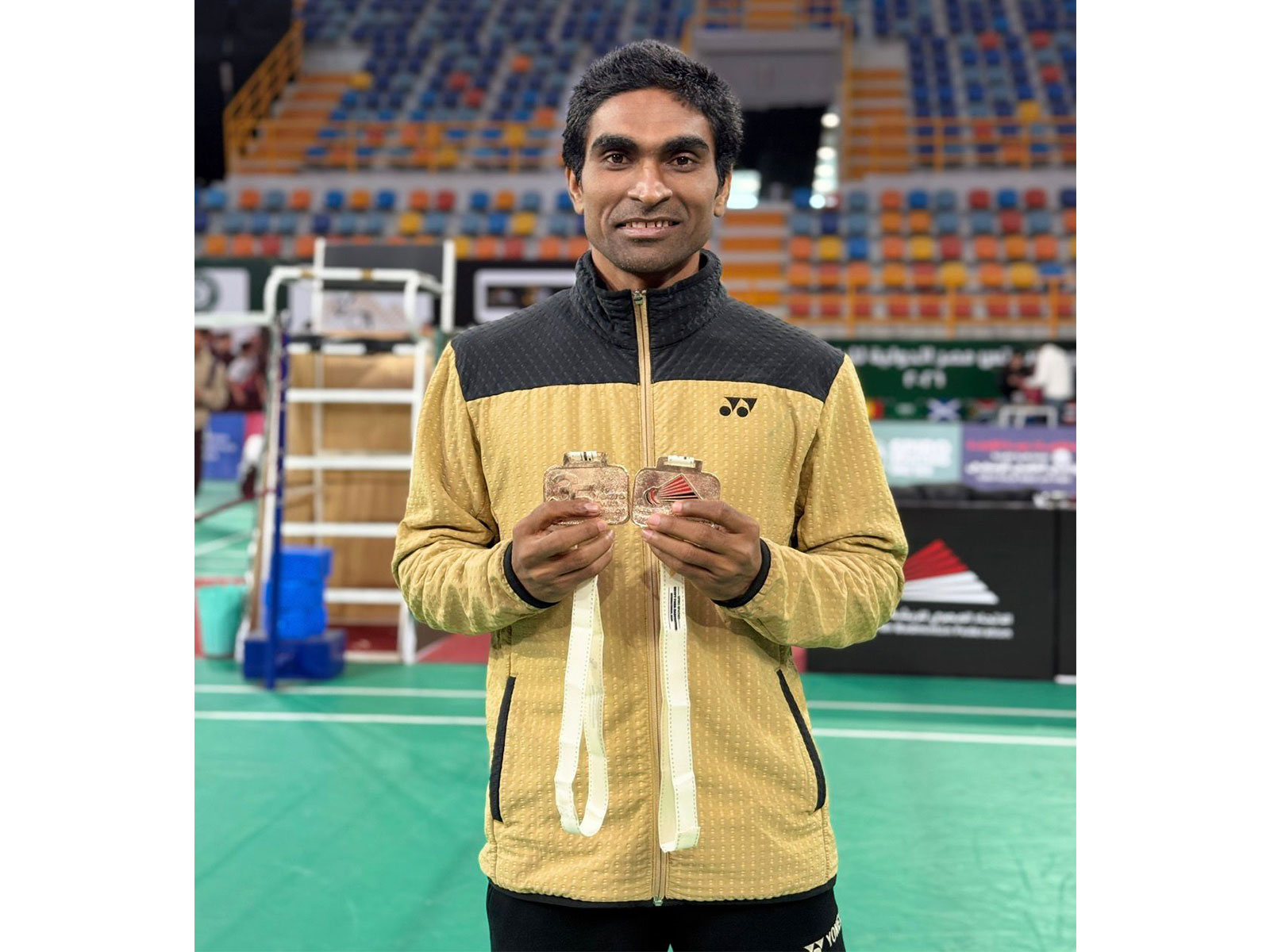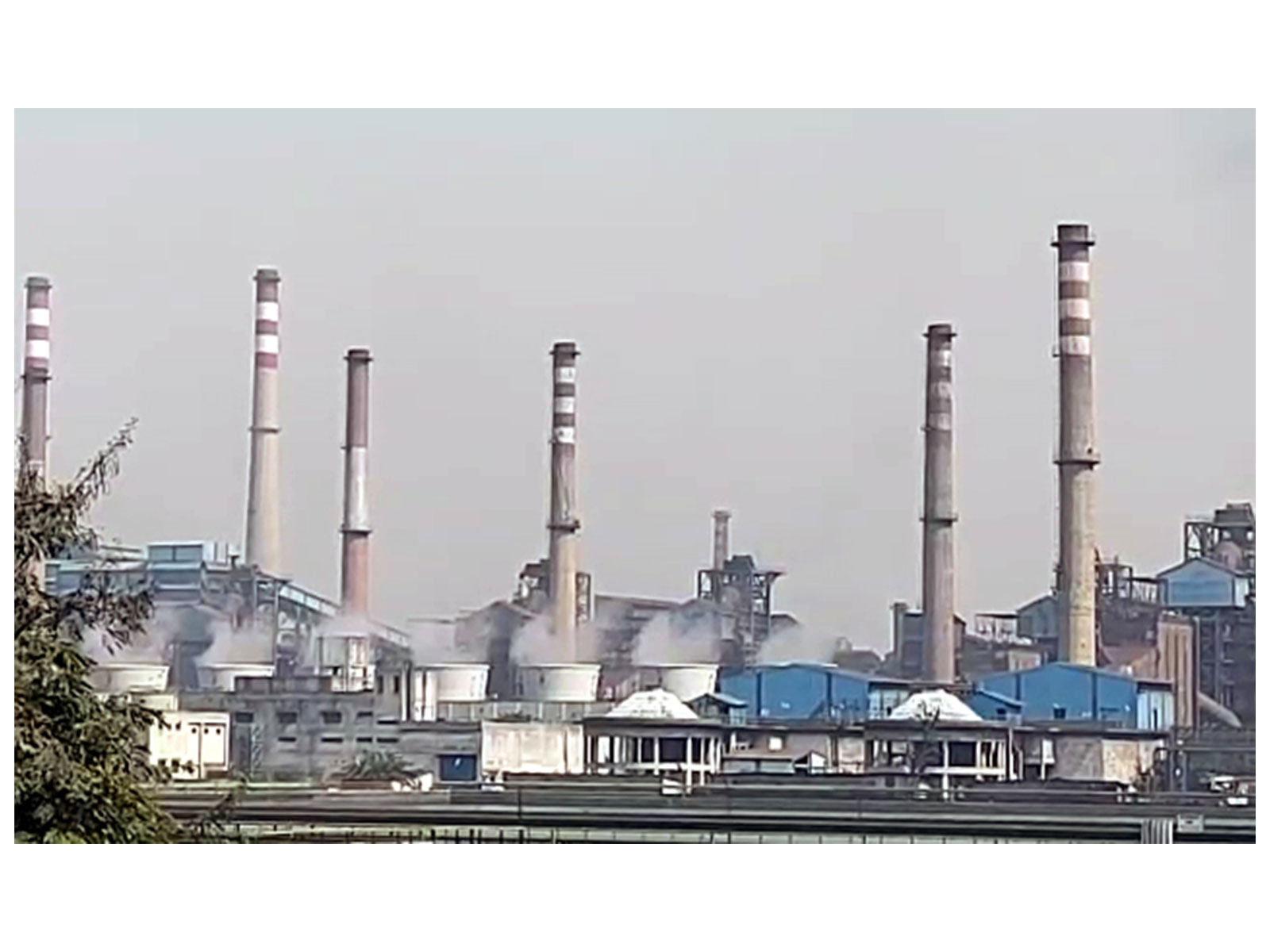
Korean steel industry hit by carbon permit costs, high tariffs
Oct 17, 2025
New Delhi [India], October 17 : South Korea's steel industry, already under pressure from the United States' and European Union's steep import tariffs and influx of cheap Chinese imports, is now facing another major blow, the soaring cost of carbon emission permit costs says a report by Pulse, the English service of Maeil Business Newspaper Korea.
The two largest steelmakers alone are expected to incur about 3 trillion won (USD 2.1 billion) in additional costs over the next five years.
According to multiple sources from the steel industry in Korea on Thursday, under the Korean government's allocation plan for the fourth phase of the Korean Emission Trading Scheme (K-ETS), which will be implemented from 2026 to 2030, major steelmakers POSCO and Hyundai Steel Co. are expected to pay around 600 billion won annually, or 3 trillion won in total over five years, for emission credits.
Under the fourth plan, the government's total annual allocation of carbon credits to all companies will shrink from 580 million tons to 450 million tons, reducing the free allocation for the steel sector from 114 million tons to about 89 million tons.
Steelmakers will have to purchase the shortfall on the open market - at a time when allowance prices are expected to rise sharply.
If the current price of 10,250 won per ton as of October 15 climbs to the 30,000 won range per ton, POSCO and Hyundai Steel would face a combined shortage of about 20 million tons, translating into roughly 600 billion won a year in extra costs.
This could wipe out up to 60 per cent of their combined annual operating profit of 1 trillion won.
The Ministry of Environment of Korea projects carbon prices to rise further, reaching between 40,000 won and 61,000 won per ton by 2030.
Adding to the pressure, higher electricity rates are expected as power generators pass on their own emissions-trading costs. Paid allowances for power producers will rise to 50 per cent by 2030 under the new scheme.
The Federation of Korean Industries (FKI), a business lobby group, estimates that if carbon prices reach 30,000 won per ton, electricity rates would climb by 9.41 won per kWh, imposing an additional annual burden of about 309.4 billion won on the steel sector.
Steelmakers say they support the country's carbon neutrality goals, but they also call for measures to prevent any shock to industrial earnings.
Industry groups also urged the government to recycle funds from the emissions trading system into green transition support, citing Germany's Carbon Contract for Difference (CCfD), which involves long-term government contracts that offset the cost of adopting low-carbon technologies.
